Star Wars: The Bad Batch is now deep into its third season, and it’s easily the Disney+ series’ most consistent run of episodes so far. Yet for all it gets right, The Bad Batch Season 3 is ultimately the latest example of Star Wars‘ uneasy relationship with its past.
Related: When Does Star Wars: The Bad Batch Season 3 Come Out?
Star Wars Has a Long, Proud History of Retcons
Of course, Lucasfilm has been patching the Star Wars canon since the early days of the franchise. The first entry in the saga, 1977’s Star Wars: A New Hope, wasn’t even called “A New Hope” when it first dropped! Nor was it originally presented as Episode IV; Star Wars creator George Lucas only added both subtitles retroactively following Star Wars: The Empire Strikes Back‘s release in 1980. That wasn’t the only retcon Lucas, director Irvin Kershner, and screenwriters Leigh Brackett and Lawrence Kasdan had up their collective sleeve when Empire dropped, either.
The quartet also revealed that Luke Skywalker’s father – originally established as betrayed and murdered by Darth Vader – was really Vader himself. The historical revisionism would continue with 1983’s Star Wars: Return of the Jedi, in which Luke infamously learns that his love interest, Princess Leia, is his hitherto unannounced, long-lost sister. Indeed, Lucas never stopped tinkering with the chronology of his galaxy far, far away – tweaking it further with Star Wars prequels over a decade and a half later. True, the broad strokes remained the same, but Leia’s time with birth mother Padmé Amidala went from years to seconds.
Related: Star Wars: The Bad Batch: What Does M-Count Mean, Explained
So, in essence, retooling both the timeline and the events within it is a fundamental part of Star Wars‘ DNA. And not just rewriting the past – fixing it, too. The Bad Batch‘s progenitor, Star Wars: The Clone Wars, spends a decent chunk of its seven seasons papering over the cracks in the prequel trilogy. That show’s spiritual successor, Star Wars Rebels, likewise smoothes out the transition between the prequels and the original trilogy. 2016’s Rogue One: A Star Wars Story fulfills a similar function, fashioning its narrative out of an apparent plot hole in A New Hope, and signaling that revisionist storytelling was here to stay in the post-Lucas, Disney era.
Yet as big as these changes and continuity band-aids often are, they’re only one half of the equation. The same goes for stuff like Han Solo’s revamped backstory in Solo: A Star Wars Story or the flip-flopping on Rey’s heritage between Star: Wars: The Last Jedi and Star Wars: The Rise of Skywalker – it’s all just cold, hard lore. Both Lucas and (to a much greater extent) the filmmakers who followed him had a thing for recasting the moral alignment of the Star Wars universe, as well. It’s a trend that starts in the prequels and really hits its stride once The Bad Batch arrives on the scene.
Lucasfilm Can’t Decide Who Star Wars’ Good Guys Are Anymore
The original Star Wars trilogy positioned the Jedi Order and by extension, the Galactic Republic, as a shining beacon of justice – and rightly so. Otherwise, why would we care whether the Jedi return and the Empire is overthrown? Fast forward (or should that be rewind?) to the prequels, however, and both the Jedi and the Republic are depicted as decidedly imperfect. Again, this is as it should be: we’re seeing both institutions in their own time, stripped of nostalgia.
But the knock-on effect of this is that now Lucasfilm can’t decide how we should feel about the Jedi. Interrogating power structures is all well and good, but there comes a point where you need to pick a lane. Lucasfilm’s unwillingness to do so is one of many reasons why the Star Wars sequels feel so disjointed; one minute, the Jedi Order is the galaxy’s best hope for the future, the next it’s an inherently flawed outfit that needs a ground-up make-over, and around and around we go.
Related: The Bad Batch Is About the End of a Forever War
What does this have to do with the Bad Batch Season 3? Everything – as it’s the capstone on a similarly revisionist arc concerning Star Wars‘ clone army. When the clone troopers debuted in the middle Star Wars prequel, Attack of the Clones, it was immediately clear that they were, for all intents and purposes, robots in human form. Attack of the Clones‘ direct sequel, Revenge of the Sith, doubled down on this. Sure, the clones had developed personalities, but they betrayed their Jedi generals without flinching the moment the order came down. It’s a tidy bit of plotting that explains how the quasi-omniscient Jedi were blindsided and wiped out.
But more than that, it allows us to revel in scenes of Obi-Wan Kenobi and Yoda hacking their way through the clones’ ranks later on in proceedings. Guilt-free carnage? You can’t beat it. But this posed a problem for Clone Wars showrunner Dave Filoni when he was wrapping up the seventh and final season 15 years later. Filoni and his team had filled Clone Wars‘ supporting cast with sympathetic clone troopers, so he needed at least one – fan-favorite Captain Rex – to remain a hero. Within the context of the show, it worked, but it also chipped away at the prequels’ conception of the clones. The Bad Batch only makes things worse.
Clone Troopers: Villains or Victims?
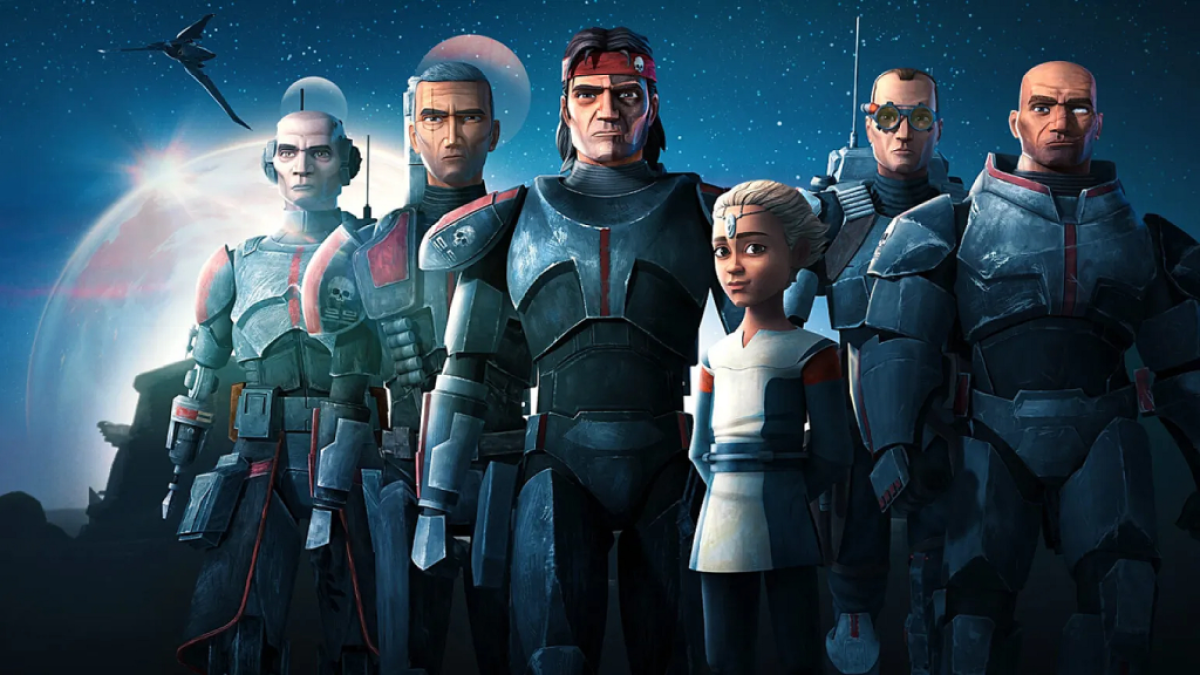
Across its three seasons, The Bad Batch has presented an aggressively sympathetic portrayal of Star Wars clones. How could it not? Its titular ensemble consists entirely of clone troopers. But it’s not just that Bad Batch themselves are inherently noble (even prodigal trooper Crosshair). The show also asks us to side with the wider clone population as the Empire kicks them to the curb. That’s right: the same folks who gunned down the Jedi now want our support.
The thing is, it works. We do care that the clones are getting shafted because The Clone Wars and The Bad Batch do such a good job of recharacterizing them as fully sentient beings with all the rights this entails. What’s more, it’s still going on in Season 3. As the Empire shifts its focus to other cloning projects (yet another bit of franchise fixing, incidentally) and increasingly treats the clones as oversized lab rats, it’s hard not to feel for them.
Related: In ‘The Solitary Clone,’ The Bad Batch Argues Heroism Is a Choice, Not an Identity
But what does this mean for Star Wars stories past? A whole lot more murkiness, that’s what. If the clones aren’t soulless killbots anymore, should we still cheer as Obi-Wan and Yoda thin out their ranks in Revenge of the Sith? It certainly doesn’t feel that way in a post-Bad Batch world, which recasts the clone troopers as victims in their own right. They’re not “just following orders” because it’s the easy choice, but rather because it’s the only choice.
Of course, your own mileage will vary on this. It’s entirely possible to appreciate each Star Wars outing (including Revenge of the Sith and The Bad Batch) in a vacuum; to enjoy both versions of the clones within their respective contexts. But if you’re someone who takes satisfaction from piecing together the Star Wars saga in its entirety, The Bad Batch Season 3 is yet another history-based headache you could live without.
Star Wars: The Bad Batch Season 3 is currently streaming on Disney+, with new episodes dropping Wednesdays.

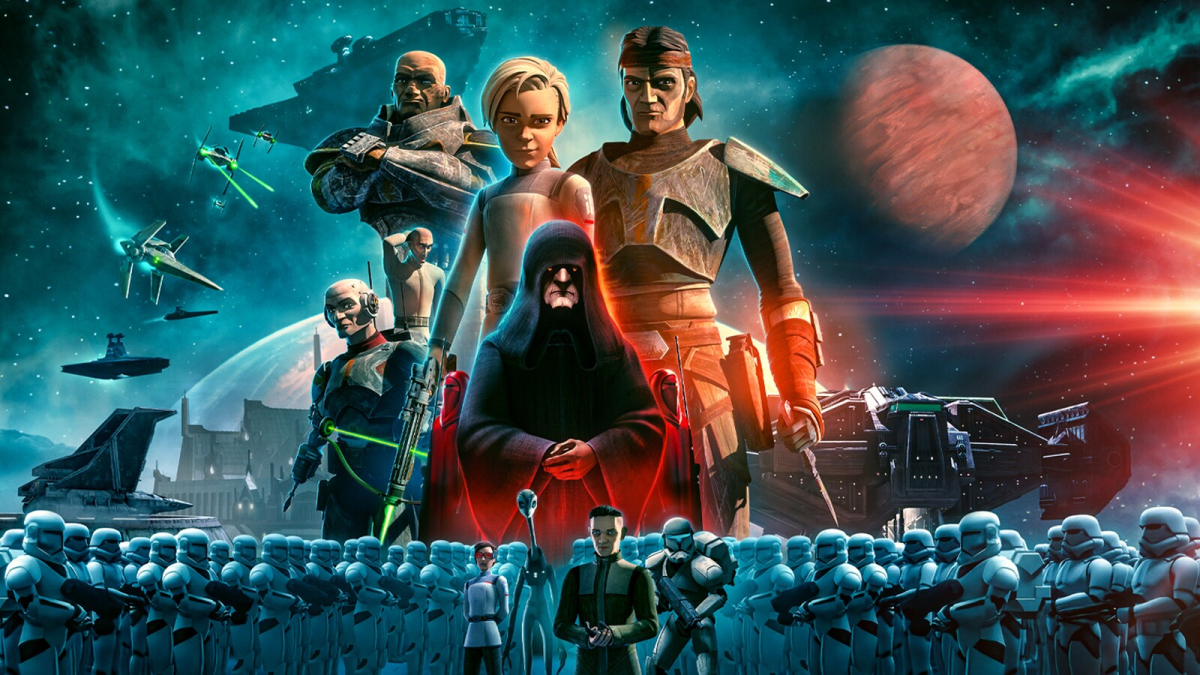



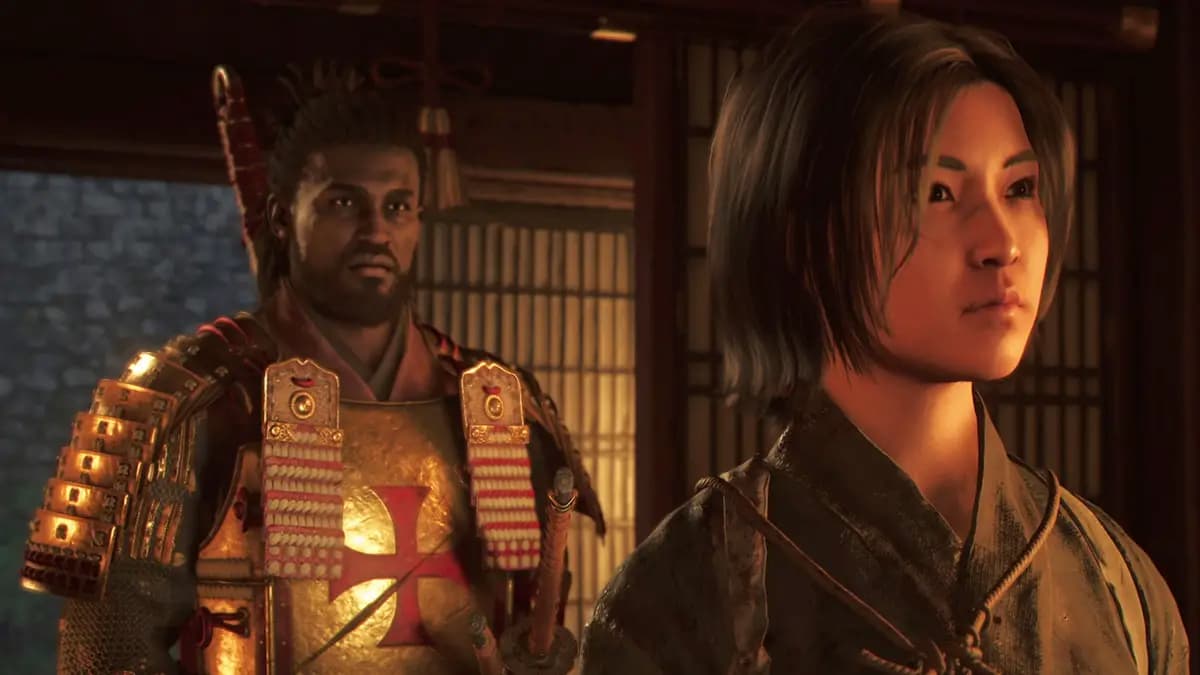


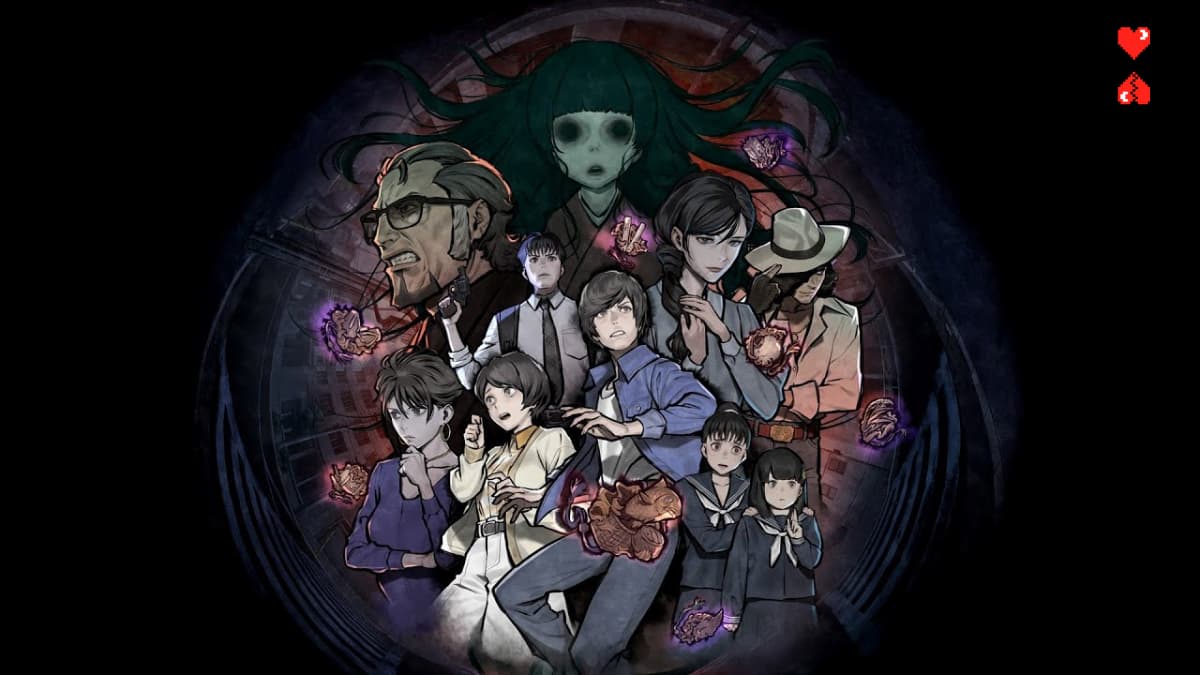
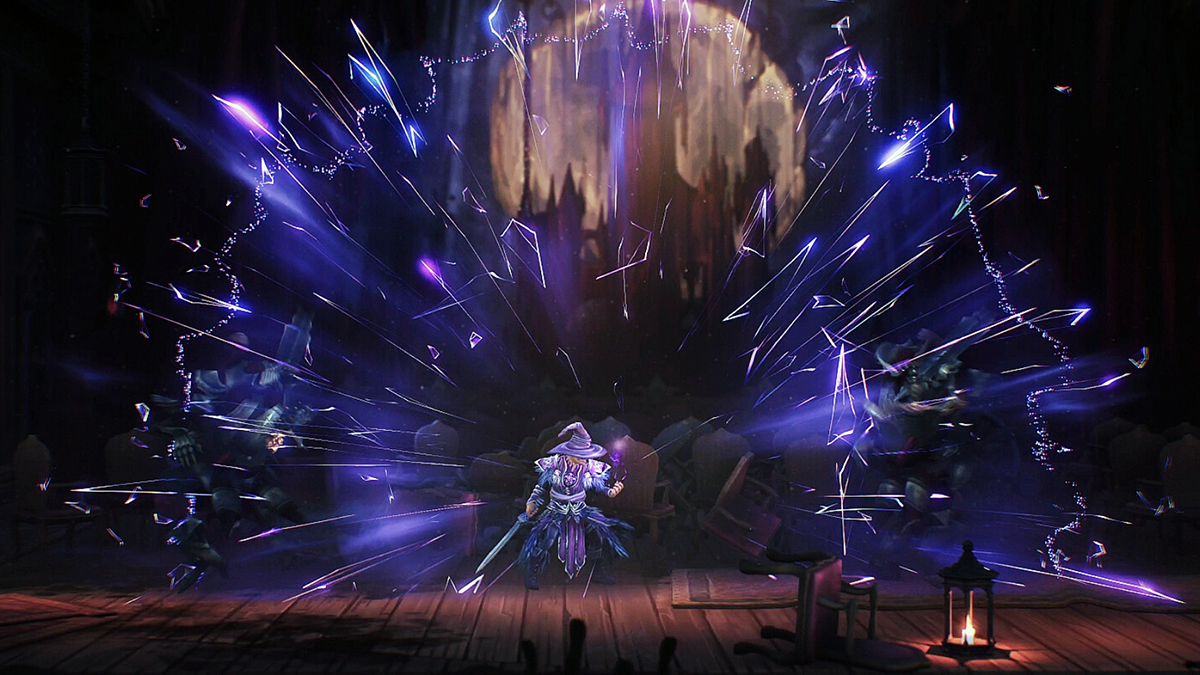




Published: Mar 14, 2024 9:00 PM UTC